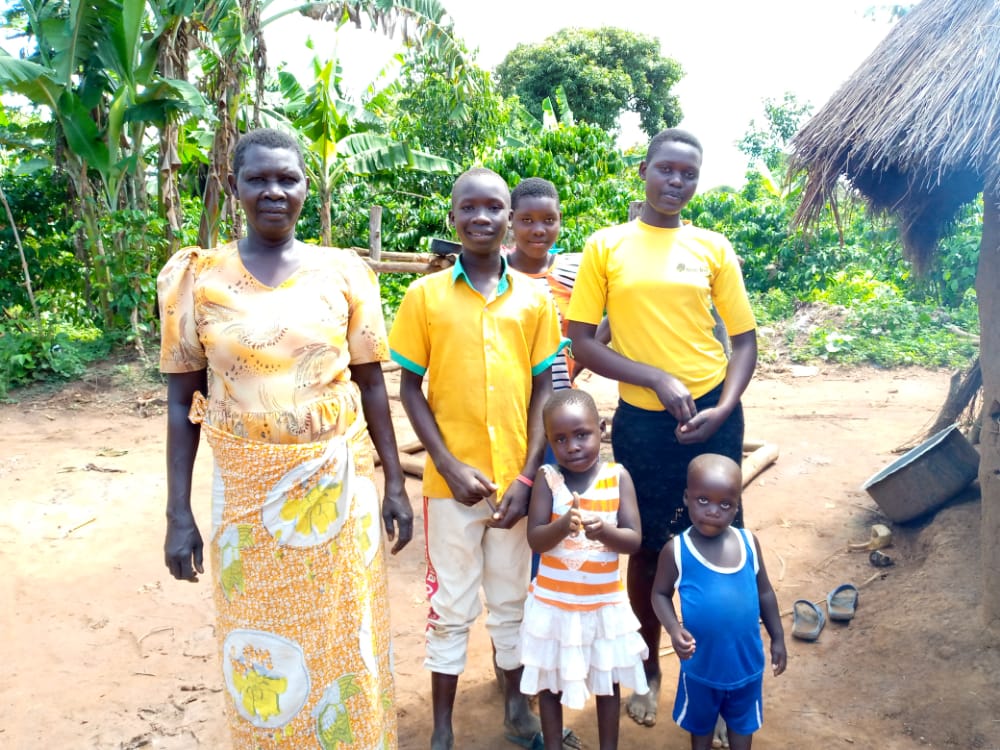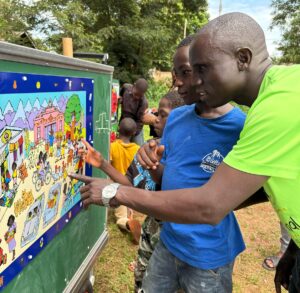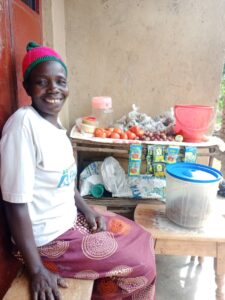The 12 year old in filthy and torn clothes sits on the street, his unwashed body giving a sharp smell that testifies of months gone by without a single bath. “Uncle, May you give me 500 shillings (10 pence) please,” he pleads, gazing at a hurriedly walking young man. The smartly-dressed man tosses a coin at him which he catches with both hands – clearly a treasured gift not to be taken for granted.
As the day progresses towards noon, a group of Akello’s* peers, aged between 10 and 16, gather at a street corner outside a restaurant in the central business market of the town of Jinja, with their heads ducked to the ground like a group of vultures around a carcass.
The vultures
One of the boys is clutching a pack of playing cards which he distributes to the others with the skill of an experienced gambler. They are playing a game of poker, gambling away the money collected from well-wishers. There is excitement among the little gamblers, clearly oblivious of the laws of the country that make their little game illegal. Nobody, including the police, seems to care as they go about their business, avoiding bumping into the boys. “We gamble with denominations ranging from 500 shillings (10p) to 1,000 shillings (20p) depending on the availability of cash,” Akello says. “After a good play, you can end up with 5,000 shillings (£1), which means you have enough money for a rolex (egg omelette), chapatti and a soft drink to last you even a whole two days.”
A story of neglect

Akello’s tale of street survival is a result of child neglect by relatives after the death of his parents five years ago. A month ago, a relative he had been staying with in Buyende district dumped him at bus terminal in Jinja as she had planned to take him to the grandparents but later changed his mind and decided to disappear away from Akello and he was all stranded and forced to turn to relatives in Jinja who didn’t want to stay with him. “Life is not rosy here, you can get beaten by older children who at times force you to surrender the little money you would have made from begging or gambling. During gambling, they sometimes beat us if we win and take all the money,” Akello says.
While his friends also spend the day scavenging through garbage piles behind shops where they save anything valuable to sell, Akello by that time would be begging with other kids during the day before he joins his relatives at sunset along the slum areas next to the railway line.
“It’s like division of labour and I am expected to contribute something towards the family’s well-being,” Akello says. “That is why I end up gambling with other kids. You try to come up with ways to make money. Even 500 shillings that you bring home is considered big.”
Many of these homeless children end up being influenced into bad habits by other children living on the streets. They end up living the life of prostitution, drug abuse and gangster-style extortion to make money.
How does S.A.L.V.E. help?
Akello was referred to our Halfway Home where he got the love and care he missed out on in childhood. He had counselling as he had reached a point of not caring about himself because the family rejected him.
Akello is now happy back home with his grandmother where he is settled now after a series of family counselling sessions for the family. Akello wishes all his friends on the streets could realise the good thing about being home and to leave streets. He realises it is not a good place to be otherwise they will just be getting influenced to a lot of gambling and taking drugs which is not good for any child.
As a social worker I aim to build on goodwill while at the same time making sure that child protection standards are upheld, and that the carers as well as the children have access to the support they need. I just want to see children happy at home away from the streets. Thank you for the support in making this happen for children like Akello.
*names of children are changed in line with our Child Protection Policy






0 Comments